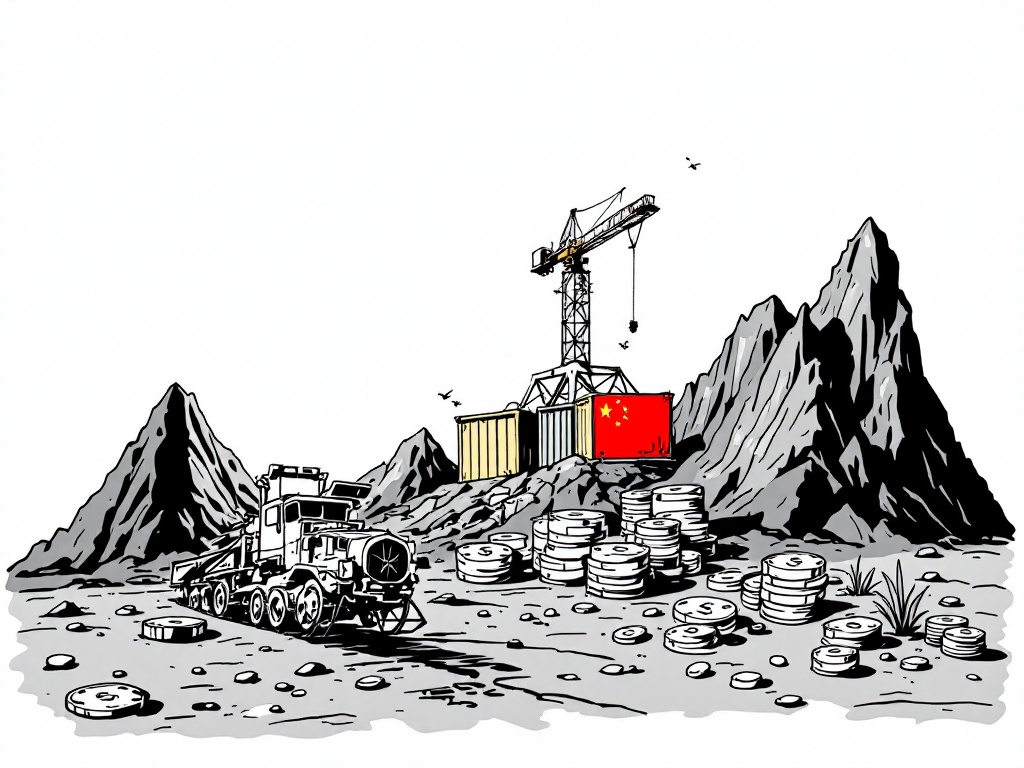China's Rare Earth Export Ban Raises U.S. Defense Concerns

Washington, D.C., Tuesday, 15 April 2025.
China’s export controls on rare earths threaten U.S. defense capabilities by exposing supply chain vulnerabilities, with crucial materials needed for advanced technologies increasingly restricted.
Implications of China’s Export Controls
On April 7, 2025, China imposed export restrictions on a variety of rare earth elements, which include crucial resources like samarium, gadolinium, and yttrium. This move requires companies to obtain special licenses to export these resources, leading to expected disruptions in the supply chain for U.S. firms reliant on these materials [1]. The United States Defense sector is particularly susceptible, as rare earths are vital for producing high-tech products such as fighter jets and missile systems [1][2].
The U.S. Defense Sector’s Vulnerability
The United States relies heavily on rare earth elements for technological and military applications, yet currently lacks the ability to meet its own demand due to dependence on foreign sources. The country’s single operational rare earth mine in Mountain Pass, California, only provides about 15% of global output, underscoring a significant vulnerability [2]. This dependency raises concerns over national security, prompting the Department of Defense’s efforts to establish a complete domestic supply chain by 2027 [1]. Despite investment exceeding $439 million since 2020, the U.S. still lags behind China’s dominant production capacity [1].
Global and Domestic Efforts to Mitigate Dependency
In response to the tightening grip of China’s export controls, the U.S. is exploring partnerships with other nations like Australia and Brazil to bolster its rare earths supply chain [1]. These countries are also investing in mining and processing capabilities to reduce the global reliance on Chinese exports. Meanwhile, Trump’s administration has reportedly sought to secure deals with Ukraine to access potential rare earth deposits, though the viability of these resources remains uncertain [1][2].
Strategic Implications for International Relations
China’s strategic use of export controls not only impacts the U.S. but also the global technology and defense sectors. By potentially pausing rare earth exports under the guise of establishing a new licensing system, China effectively exerts influence over global supply chains [1]. The ongoing U.S.-China trade tensions amplify these challenges, as rare earth elements are critical for manufacturing components used in semiconductors and electric vehicles—a sector in which magnets made from these materials play a crucial role [2]. This geopolitical maneuvering highlights the urgent need for international cooperation to secure stable rare earth supplies [1][2].